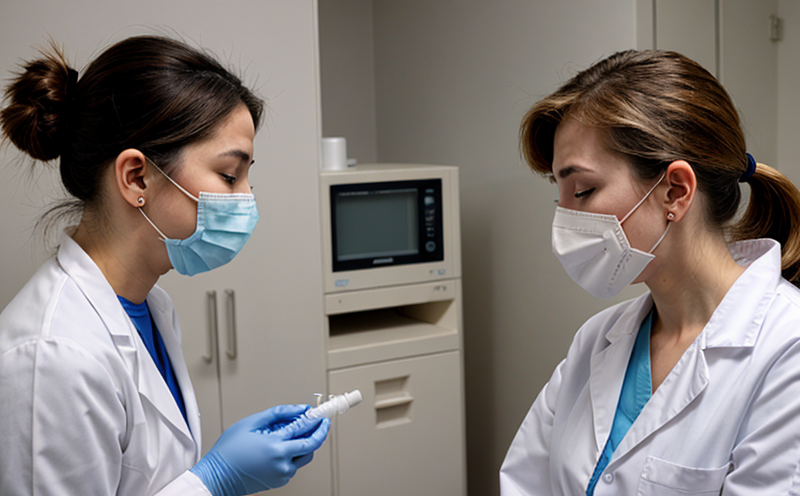Immunogenicity Testing in Animal Models for Biopharmaceuticals
Immunogenicity testing is a critical component of biopharmaceutical development, particularly when assessing the safety and efficacy of therapeutic proteins. In this context, animal models serve as essential tools to predict human immunological responses. The process involves several stages, from selecting appropriate animal species based on their genetic similarity to humans (such as non-human primates or mice) to ensuring that the test conditions accurately mimic real-world scenarios.
During these tests, biopharmaceuticals are administered to animals under controlled environments. The subsequent analysis focuses on monitoring both humoral and cellular immune responses. Humoral immunity is evaluated through assessments of anti-drug antibodies (ADAs), while cellular immunity examines T-cell activation and cytokine production. These parameters provide insights into potential adverse reactions that could occur in clinical trials or post-market use.
The reliability of animal models depends on various factors including the choice of species, strain selection, housing conditions, diet, and even the timing of drug administration. For instance, certain strains may exhibit different sensitivities to foreign proteins compared to others. Additionally, environmental stressors such as temperature fluctuations or changes in light cycles can influence immune responses, necessitating careful standardization throughout the testing process.
International standards like ISO 17025 guide laboratories conducting these tests by ensuring they meet quality management system requirements. Compliance with such guidelines ensures consistent and accurate results across different facilities worldwide. However, it is important to note that no single model perfectly replicates human physiology; therefore, interpreting findings requires careful consideration of limitations associated with each method.
In practice, multiple models might be used concurrently or sequentially to enhance predictive value. For example, a mouse model could initially screen for primary immune reactions before transitioning to more complex primate studies when necessary. This tiered approach helps minimize false positives and negatives while providing robust data supporting regulatory submissions.
Beyond direct safety evaluation, immunogenicity testing also plays a role in understanding how patients will respond over time. Longitudinal studies observe changes in ADA levels post-treatment, which can inform dosing regimens or identify individuals at higher risk for adverse events. Furthermore, this information aids manufacturers in refining production processes to reduce variability and improve product consistency.
Given the complexity involved, collaboration between academia, industry stakeholders, regulatory bodies, and patients is crucial for advancing knowledge in this field. By sharing best practices and staying updated on emerging technologies, the scientific community continues to refine methodologies, ensuring safer biopharmaceuticals reach consumers sooner.
Why It Matters
Immunogenicity testing holds significant importance in the development of biopharmaceuticals because it directly impacts patient safety and treatment outcomes. Without proper evaluation, unexpected immune responses could lead to severe allergic reactions or reduced therapeutic efficacy. Early identification allows researchers to make informed decisions regarding formulation adjustments, dosing strategies, or even alternative approaches.
Regulatory agencies worldwide emphasize the necessity of comprehensive immunogenicity assessments before approving new drugs for widespread use. Compliance ensures that marketed products meet stringent safety standards, protecting public health and fostering trust among consumers. From a business perspective, avoiding costly recalls due to unforeseen side effects translates into substantial savings and enhances brand reputation.
Additionally, immunogenicity testing contributes to personalized medicine by helping tailor treatments according to individual patient profiles. Understanding specific susceptibilities allows doctors to prescribe tailored therapies that minimize risks while maximizing benefits. Such precision medicine initiatives are increasingly becoming integral components of modern healthcare systems.
Industry Applications
- Evaluating the safety profile of therapeutic proteins in various species
- Assessing long-term stability and efficacy through repeated dosings
- Identifying potential cross-reactivity between different biologics
- Supporting comparative analyses across competing products





